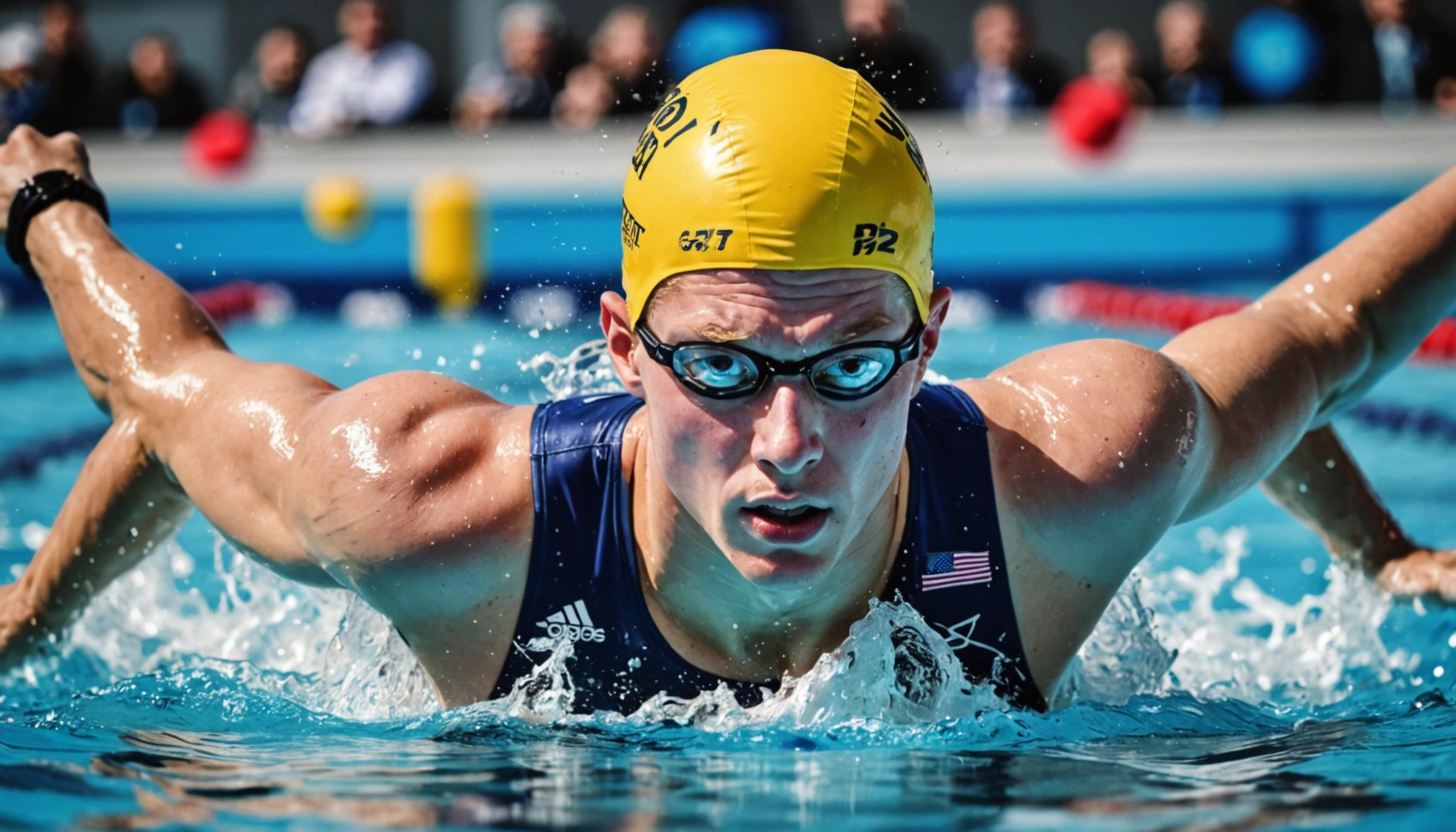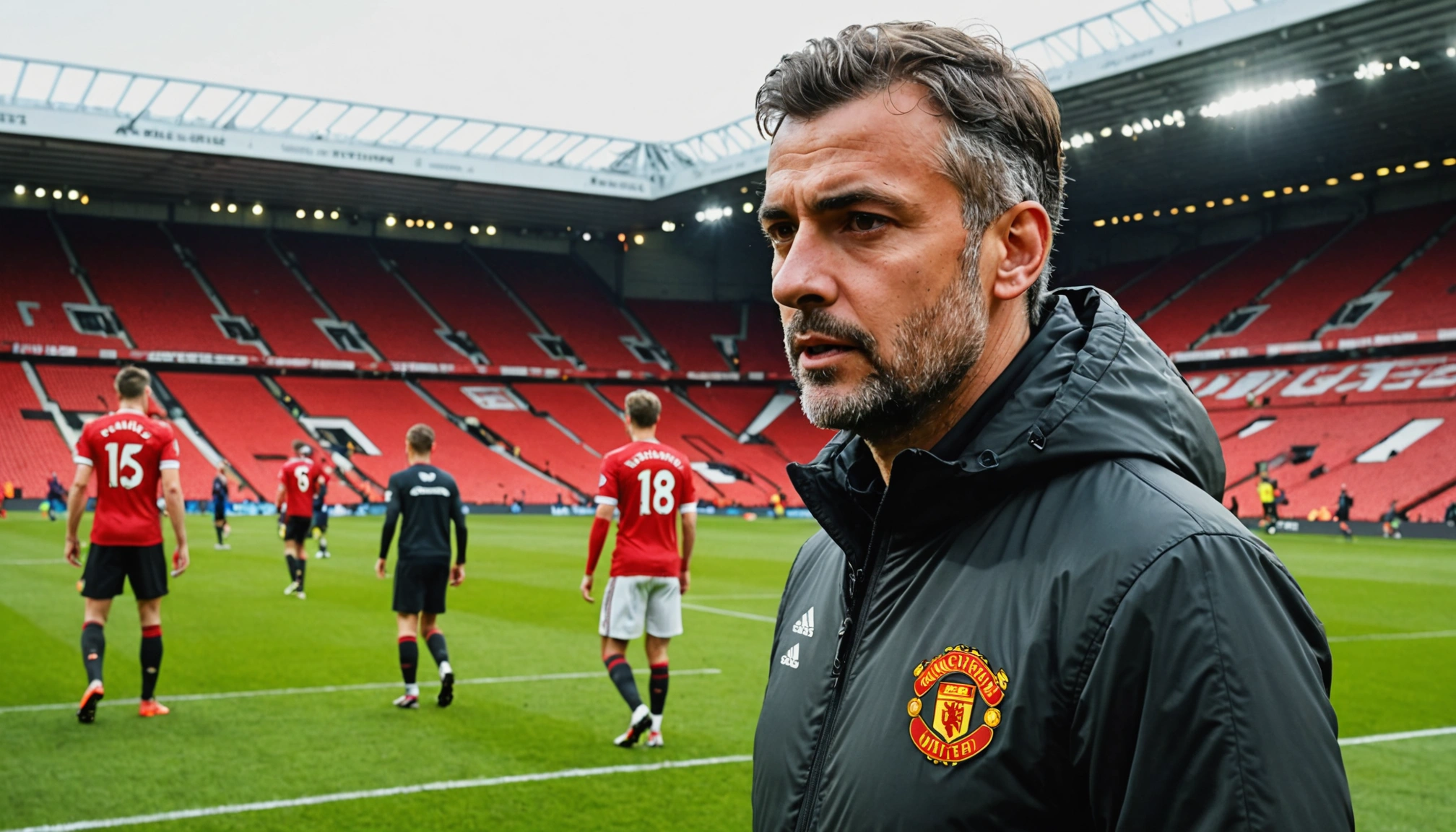Adam Peaty Calls For Greater Transparency In Anti-Doping
Adam Peaty urges World Anti-Doping Agency to improve transparency after Chinese swimmers' doping controversy ahead of Tokyo 2020 Olympics.

By Editorial
Introduction To The Anti-Doping Controversy
Adam Peaty, three-time Olympic gold medallist and one of Britain's most celebrated swimmers, has publicly called for increased transparency from the World Anti-Doping Agency (WADA). This follows revelations that 23 Chinese swimmers tested positive for the banned substance trimetazidine (TMZ) prior to the Tokyo 2020 Olympic Games, yet no sanctions were imposed. The situation has sparked widespread debate within the swimming community and beyond about fairness, trust, and the integrity of anti-doping protocols worldwide.
The Details Behind The Positive Tests
The Chinese swimmers tested positive for TMZ, a heart medication prohibited due to its potential performance-enhancing effects. These positive tests were reportedly discovered six months before the Tokyo Games, but China’s Anti-Doping Agency (CHINADA) concluded the ingestion was unintentional and decided against punishing the athletes. WADA accepted this position, stating it was "not in a position to disprove" CHINADA’s assessment. This outcome has raised eyebrows internationally, especially given the secrecy surrounding the findings until recent disclosures.
Wada’s Role And Response
WADA maintained that it followed due process, conducting thorough investigations and consulting scientific experts before backing CHINADA’s decision. Gunter Younger, WADA’s Director of Intelligence and Investigations, emphasised that every lead was diligently pursued. Yet, many athletes and stakeholders remain unconvinced, arguing that such cases undermine the global anti-doping system’s credibility.
Adam Peaty’s Perspective On Transparency And Fairness
Peaty expressed disappointment at how the situation was handled, underscoring the need for transparency. "As an athlete, you want to be treated fairly and have full transparency," he said. "Positive tests should not be hidden or kept secret." His call reflects a broader demand from athletes for clear, consistent, and open anti-doping procedures that protect clean sport and maintain athlete confidence.
Peaty also clarified that his concerns are less about any specific country and more about the process itself. He highlighted that the secrecy and delayed reporting of the positive tests have created distractions ahead of major competitions, including the upcoming Paris 2024 Olympics, where he aims to defend his 100m breaststroke title.
Reactions From The Wider Sporting Community
The UK Anti-Doping Agency (UKAD) has echoed Peaty’s call for greater openness. UKAD stated that the incident "has led many athletes and the wider sporting community to question the consistency with which anti-doping processes work and how rules are applied worldwide." They have urged WADA to conduct an independent review of the regulatory framework to restore trust and confidence in the system.
Similarly, James Guy, another British Olympic swimming champion, took a firm stance on social media, demanding severe consequences for those involved. "Wow. Ban them all and never compete again," he wrote, reflecting frustration with perceived leniency.
Aquatics GB, formerly British Swimming, issued a statement expressing deep concern over the reputational damage and the potential erosion of trust in the sport. They committed to closely monitoring developments and emphasised the importance of safeguarding clean competition.
International Voices And Criticism
Travis Tygart, chief executive of the United States Anti-Doping Agency (USADA), strongly criticised both WADA and CHINADA for what he described as "sweeping these positives under the carpet." He highlighted the need for equal and fair enforcement of anti-doping rules globally to protect clean athletes everywhere.
Impact On Athletes And The Road To Paris 2024
For athletes like Peaty, the revelations have added pressure ahead of the Paris 2024 Olympics, scheduled from 26 July to 11 August. Peaty admitted the distractions make this Olympic cycle particularly challenging, but also motivating. He spoke of needing to manage his emotions carefully and channel them into preparation rather than frustration.
His focus remains on making history by winning a third consecutive Olympic 100m breaststroke gold, an achievement that would be unprecedented in swimming. Such determination amid controversy highlights the resilience athletes must maintain in high-stakes competition environments.
The Broader Importance Of Anti-Doping Transparency
Why does transparency matter so much? Anti-doping regulations are designed to ensure a level playing field, protecting athletes who compete cleanly. When positive tests are concealed or decisions appear inconsistent, it undermines trust in sport’s integrity and can discourage athletes from committing fully to fair competition.
Transparency also supports public confidence. Fans, sponsors, and sporting bodies expect fairness and openness. Without it, the reputation of sports like swimming—and by extension, the Olympic movement—can suffer serious damage.
Lessons And Future Directions For Anti-Doping Agencies
This controversy illustrates the need for continuous improvement in anti-doping governance. Independent reviews, as recommended by UKAD, could enhance accountability and uniformity in applying rules. Sharing findings openly and promptly is essential to avoid the perception of secrecy or bias.
Additionally, educating athletes about substances like TMZ and ensuring rigorous controls in training environments can help prevent inadvertent ingestion, a key argument used by CHINADA in this case.
Connecting With Other Sports And Events
While this case centres on swimming, the principles of transparency and fairness apply across all sports. For example, football fans can explore the latest football scores and fixtures and expect integrity in competition. Similarly, golf enthusiasts might be interested in the key golf tournaments to watch from September 2024, where clean play is equally critical.
Sports fans following individual athletes’ journeys, such as in boxing or UFC, can also appreciate the importance of a level playing field. For instance, Molly McCann’s bold move in boxing reflects dedication and fairness that fans admire.
Conclusion: The Path Forward For Clean Sport
Adam Peaty’s call for greater anti-doping transparency highlights the crucial role of openness in maintaining sport’s integrity. As the sporting world approaches Paris 2024, it is vital that agencies like WADA, CHINADA, and others adopt more transparent policies and independent oversight to rebuild trust.
For athletes and fans alike, the goal remains clear: a fair, transparent, and inspiring competition where excellence is celebrated and cheating is unequivocally condemned. Only then can sports continue to unite and thrill audiences worldwide.
Related topics
Editorial
Sports expert at SportsScoop
Specialist in sports analysis and journalism
Related articles
Want to read more?
Explore our comprehensive collection of sports articles and analysis, or contact us for more information.



